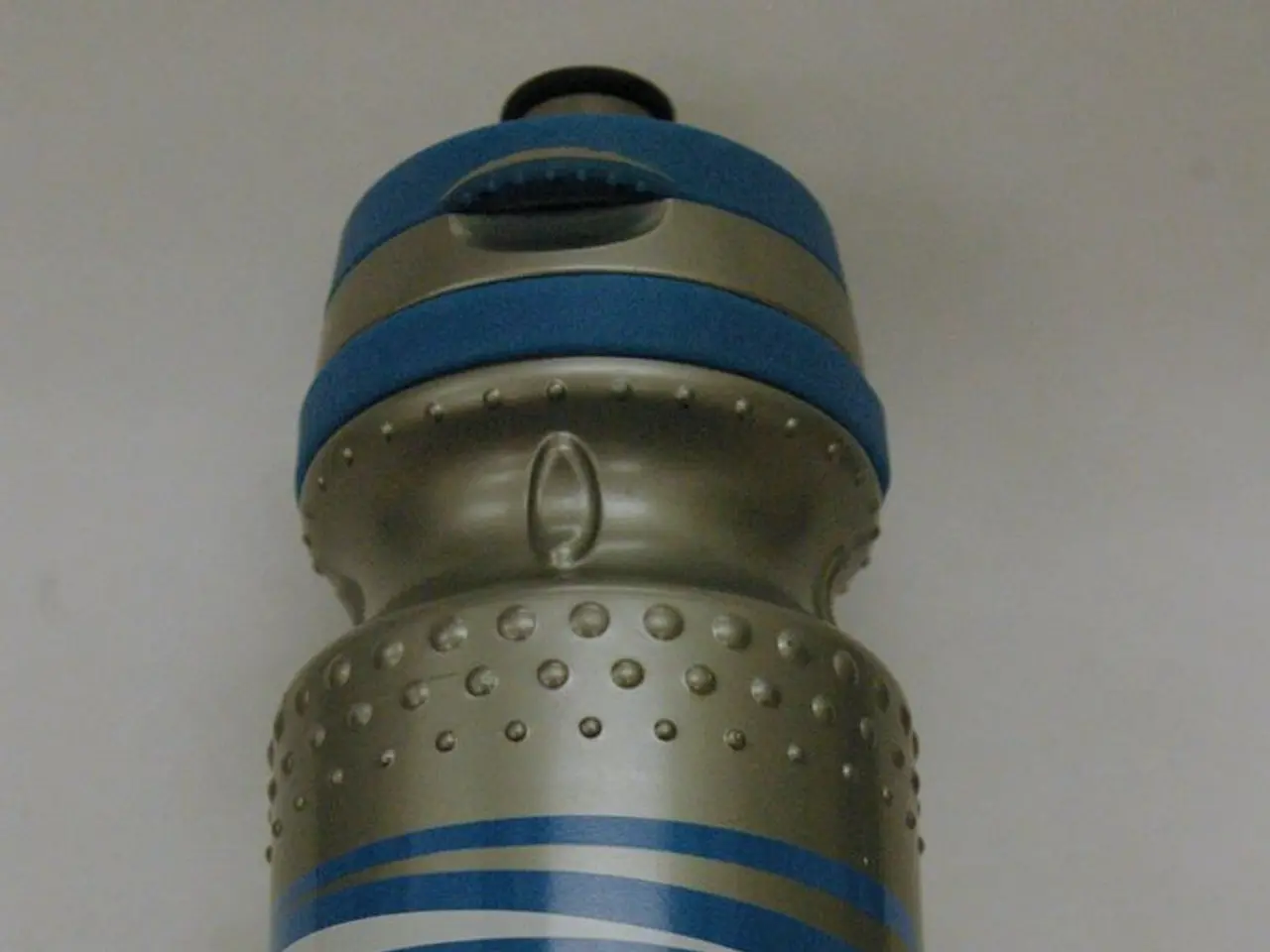Federal administration chooses not to challenge judicial decree halting LDT regulatory rule
The Food and Drug Administration (FDA) has effectively ended its attempt to regulate lab-developed tests (LDTs) following a federal court ruling in March 2025 and the FDA's decision not to appeal the decision.
The U.S. District Court in Texas ruled on March 31, 2025, that the FDA overstepped its authority and vacated the FDA's May 2024 Final Rule, which would have imposed phased medical device regulatory requirements on nearly all clinical labs offering LDTs, starting in May 2025.
The FDA allowed the 60-day period to appeal the court decision to expire without appeal, effectively abandoning the Final Rule. As a result, the FDA no longer has authority to regulate LDTs under that rule, and the issue was remanded back to the FDA.
Laboratory testing under the Centers for Medicare and Medicaid Services' (CMS) Clinical Laboratory Improvement Amendments (CLIA) remains the primary regulatory framework for LDTs. The American Clinical Laboratory Association, the Association for Molecular Pathology, and other stakeholders have advocated to modernize CLIA rather than expand FDA oversight.
The regulatory landscape is thus in flux, with ongoing advocacy to clarify current CLIA regulations and help shape an appropriate legislative framework to support the court decision. AMP members, who represent pathologists, doctoral scientists, and other laboratory professionals, will continue to collaborate with policymakers in this regard.
In contrast, in the European Union, LDTs have specific exemptions from full In Vitro Diagnostic Medical Device Regulation (IVDR) if certain conditions are met. IVDR applies when those conditions are unmet.
The Verifying Accurate, Leading-edge IVCT Development Act, a legislation aimed at reforming the regulatory framework for in vitro diagnostics, has not gained momentum in Congress in recent years.
HHS Press Secretary Emily Hilliard declined to comment on the decision. The court's favorable ruling was a significant victory for patients and healthcare providers across the country, according to AMP President Jane Gibson.
It is worth noting that the Trump Administration's move not to regulate LDTs mirrors its first administration's decision to stop the FDA from regulating LDTs, a decision that was later reversed by the Biden administration. However, a Democrat-led FDA may try to revive the regulation of LDTs in the future.
References:
[1] Association for Molecular Pathology. (n.d.). About AMP. Retrieved March 15, 2023, from https://www.amp.org/about-us/
[2] American Clinical Laboratory Association. (n.d.). About ACLA. Retrieved March 15, 2023, from https://www.aclacc.org/about-us
[3] European Medicines Agency. (n.d.). In vitro diagnostic medical devices. Retrieved March 15, 2023, from https://www.ema.europa.eu/en/human-regulatory/in-vitro-diagnostic-medical-devices
[4] U.S. Food and Drug Administration. (n.d.). Laboratory-developed tests (LDTs). Retrieved March 15, 2023, from https://www.fda.gov/medical-devices/in-vitro-diagnostics/laboratory-developed-tests-ldts
- Following the federal court ruling in March 2025, the FDA no longer has authority to regulate lab-developed tests (LDTs), as the FDA did not appeal the decision.
- The American Clinical Laboratory Association and the Association for Molecular Pathology, along with other stakeholders, have advocated for modernizing the Centers for Medicare and Medicaid Services' (CMS) Clinical Laboratory Improvement Amendments (CLIA) rather than expanding the Food and Drug Administration's (FDA) oversight.
- The regulatory landscape for lab-developed tests (LDTs) is in a state of flux, with ongoing advocacy to clarify current CLIA regulations and help shape an appropriate legislative framework that supports the court decision.
- The European Union has specific exemptions for LDTs from full In Vitro Diagnostic Medical Device Regulation (IVDR) if certain conditions are met, with IVDR applying when those conditions are unmet.
- AMP members, who are pathologists, doctoral scientists, and other laboratory professionals, will continue to collaborate with policymakers to modernize the regulatory framework for LDTs.
- The Verifying Accurate, Leading-edge IVCT Development Act, a legislation aimed at reforming the regulatory framework for in vitro diagnostics, has not gained momentum in Congress in recent years.
- The favored court ruling was seen as a significant victory for patients and healthcare providers across the country, according to AMP President Jane Gibson.
- The Trump Administration, in both its terms, decided not to regulate LDTs, a decision that was temporarily reversed by the Biden administration. However, a Democrat-led FDA may try to revive the regulation of LDTs in the future.
- HHS Press Secretary Emily Hilliard declined to comment on the decision regarding the regulation of LDTs.
- The FDA's attempt to regulate lab-developed tests (LDTs) was ended by a federal court ruling in March 2025, following years of debates in the general news, policy-and-legislation, healthcare, medtech, finance, and business industries.




